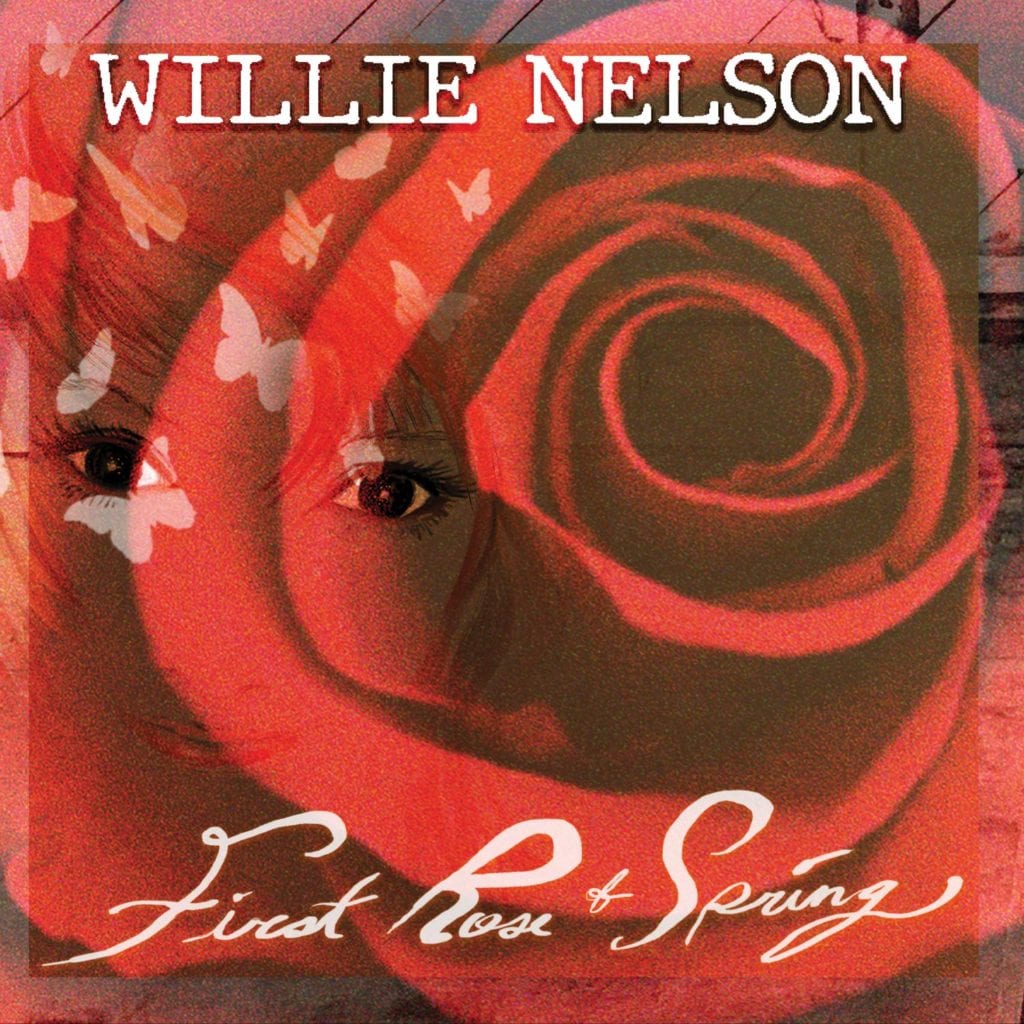Willie Nelson Cultivates Another Gem with ‘First Rose of Spring’

First Rose of Spring, Willie Nelson’s 70th studio album, was finished and set to release on April 29 to coincide with the singer’s 87th birthday. Since then, of course, the world has changed in ways that we’re just beginning to absorb. Not surprisingly, the record sounds a lot different now than when I first heard it in early spring, but that probably doesn’t have much to do with Nelson or the music. The songs — like everything else we’re exposed to these days — are inevitably colored by what’s happened to all of us since COVID-19 first broke out in a big way in the middle of March. Heard against the backdrop of the pandemic, George Floyd, the upcoming election, allegations of Russian-funded bounties on American soldiers, Nelson’s voice and distinctive guitar serve more than ever as a balm, a panacea for our troubled souls. Unlike, say, Rough and Rowdy Ways, Bob Dylan’s new album, the songs on First Rose of Spring don’t lead us down an echo chamber reverberating with the pain and disillusion we’ve all been going through. Instead, the songs lift us, however temporarily, out of the fray of the unprecedented times we’re living in.
The title track, which opens the First Rose of Spring, is classic Willie. With its unrushed, simple guitar lines and Mickey Raphael’s harmonica echoing gently in the distance, it is one of the album’s many highlights. “Blue Star” and “Love Just Laughed” are the two original Nelson songs, written with his longtime producer Buddy Cannon. “Blue Star,” a meditation on love’s twilight, is as lovely a song as he’s written in the last decade. With lines like “we were meant for forever, but that just turned to never,” “Love Just Laughed” is a quintessential outlaw country tune that fits in beautifully with his oeuvre.
As Nelson’s fans have come to expect in recent years, First Rose of Spring offers highly personal interpretations of songs by other artists from across the genres of western music. He has always had an uncanny ability to effortlessly communicate what’s essential. His cover of Toby Keith’s rather slight “Don’t Let the Old Man In” shows that he can take almost any song and find a story in it that points to deeper emotional truths. Like all of Nelson’s records, there are not really any duds. Not every song on First Rose of Spring hits it out of the park, but taken as a whole, the album offers a gently healing journey with its implied suggestions about the way the world should be.
That all changes with his reading of Charles Aznavour’s “Yesterday When I Was Young.” It is quite simply one of his all-time great performances. Over the years, the song has been a hit for artists as diverse as Roy Clark and Lena Horne, but no other version is in the same league as Nelson’s. Not even close. The perfect blending of voice and guitar, that unmistakable phrasing and all of the inferred emotions it communicates, encapsulate everything about Nelson’s music that has been so appealing for more than a half century.
First Rose of Spring is a record that never rushes. You can’t be in a hurry when you listen to Willie Nelson. His music doesn’t work that way. It’s not spring anymore and the flowers the title song alludes to have started to turn. Their original colors have muted into tones of brown and gray, but unlike those flowers, the music on First Rose of Spring will last.




